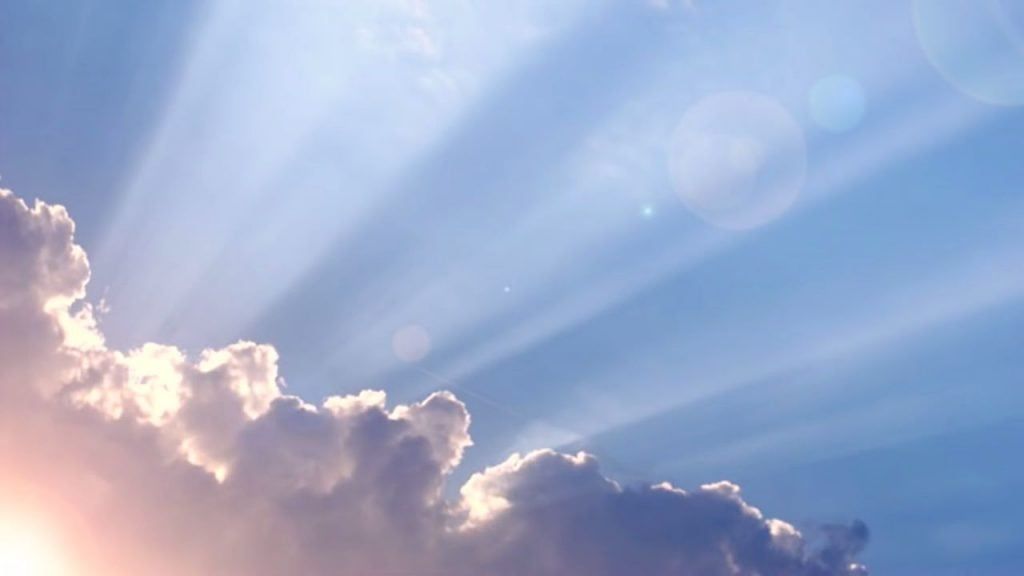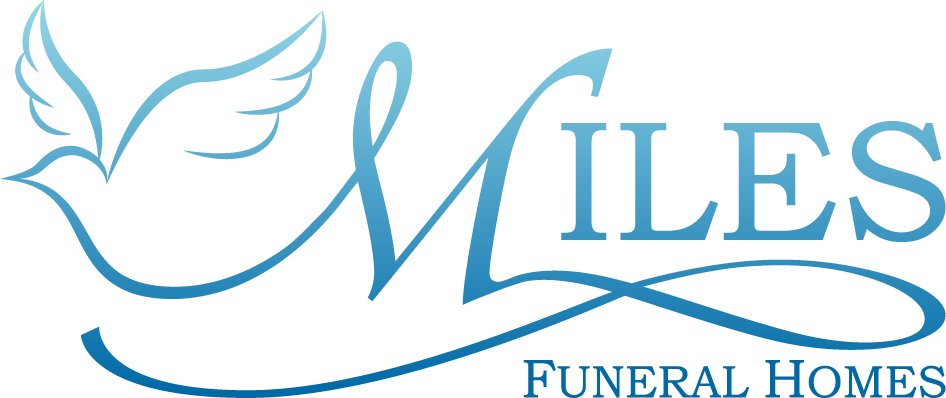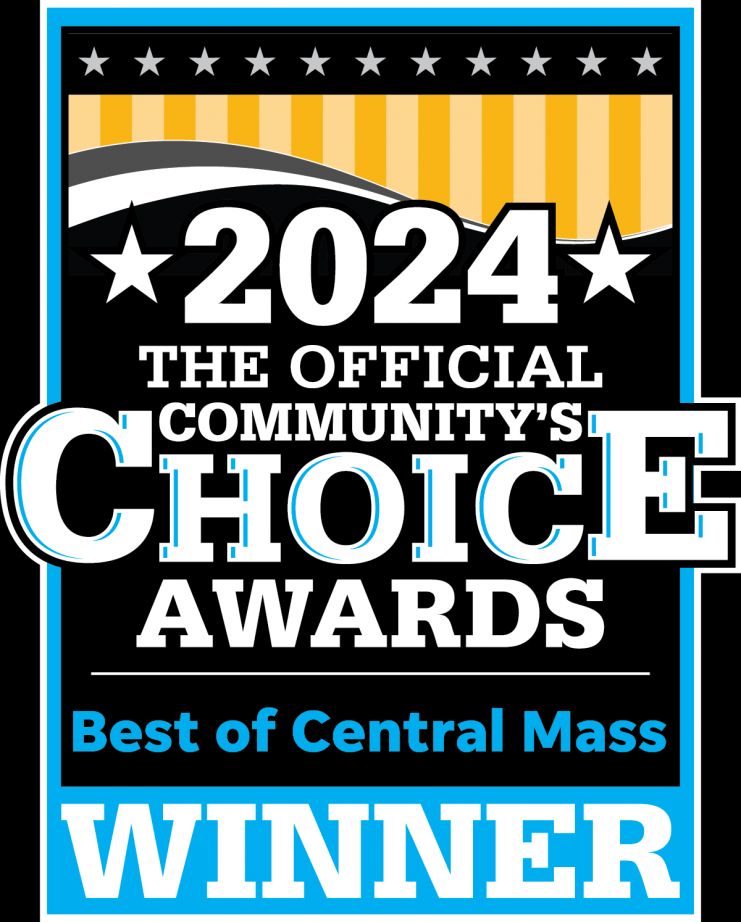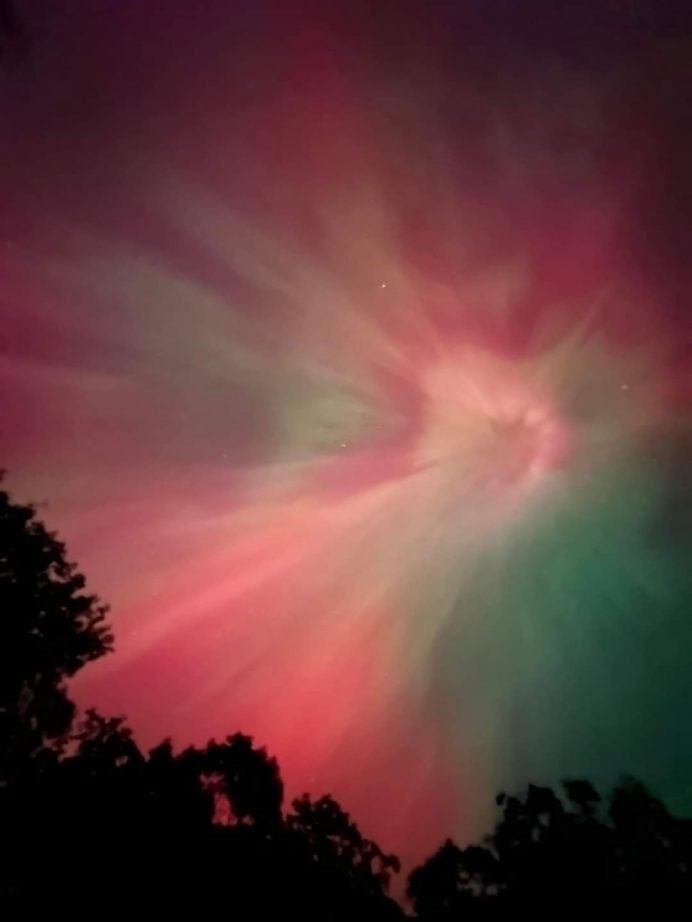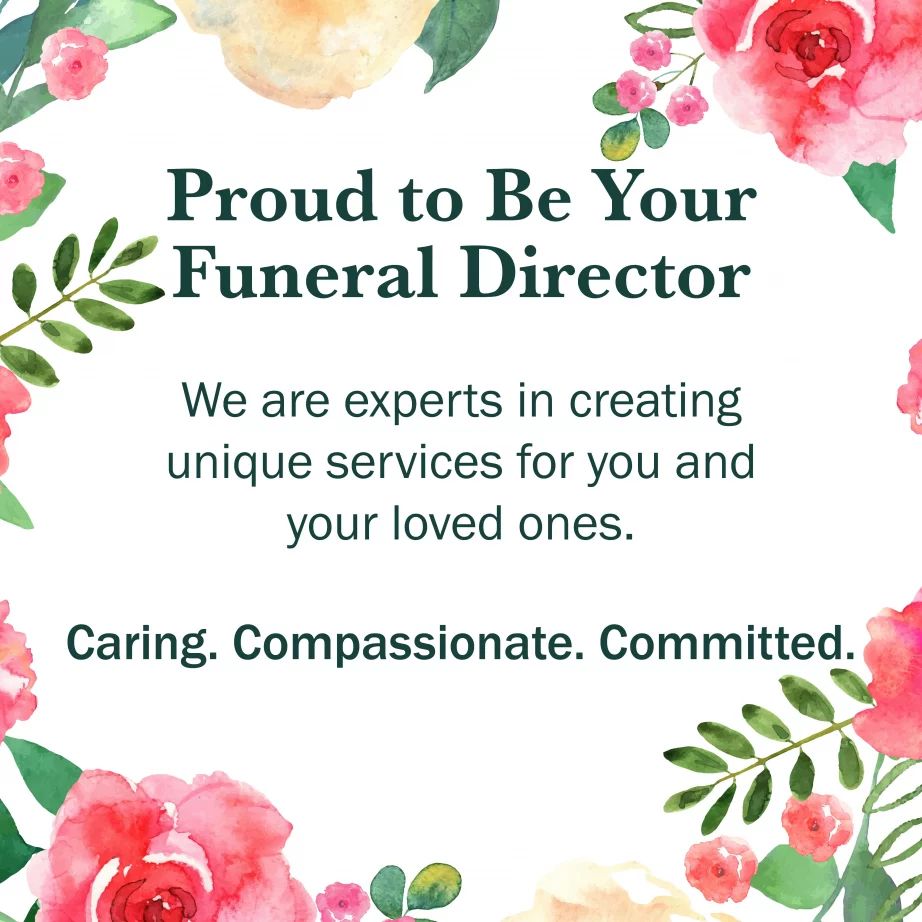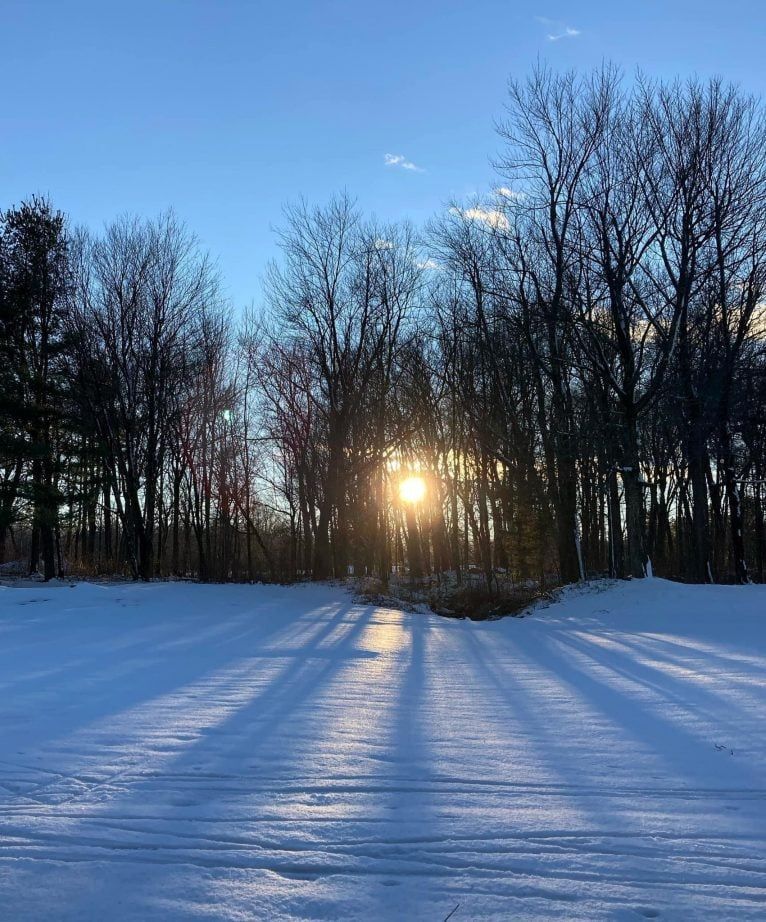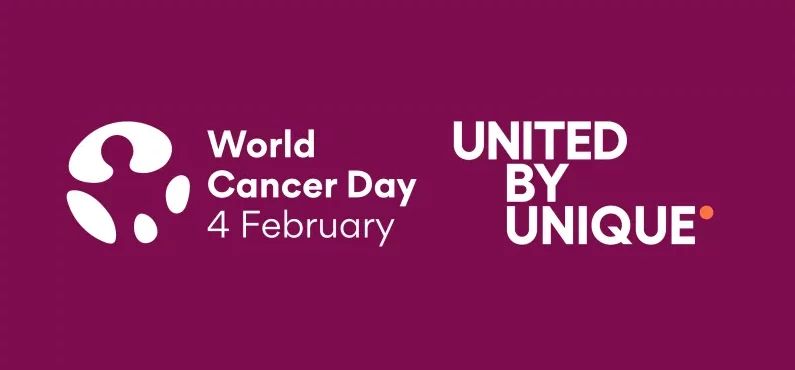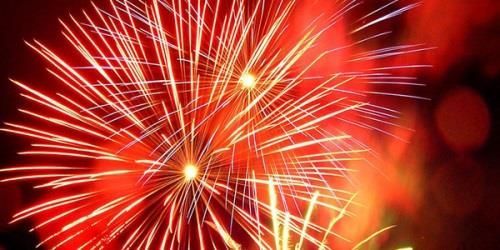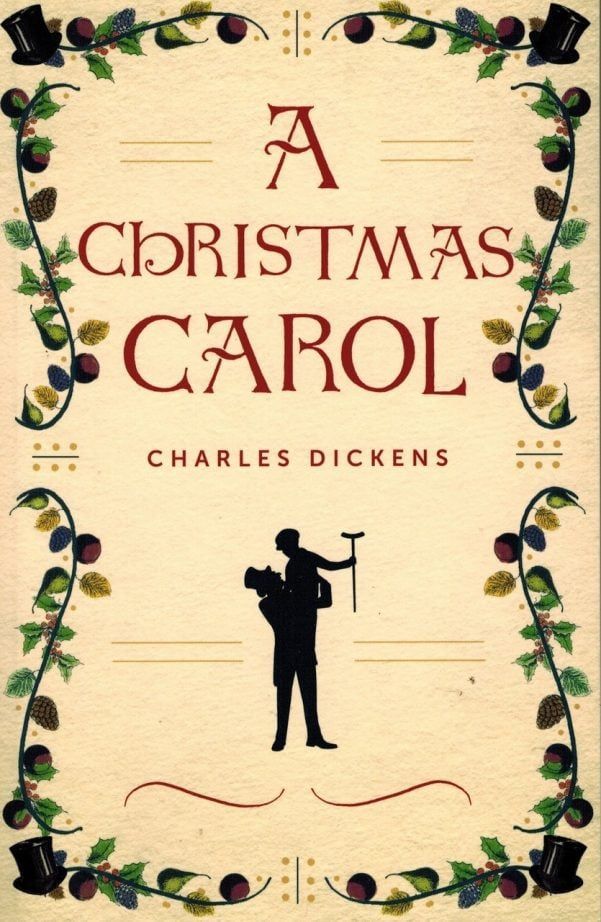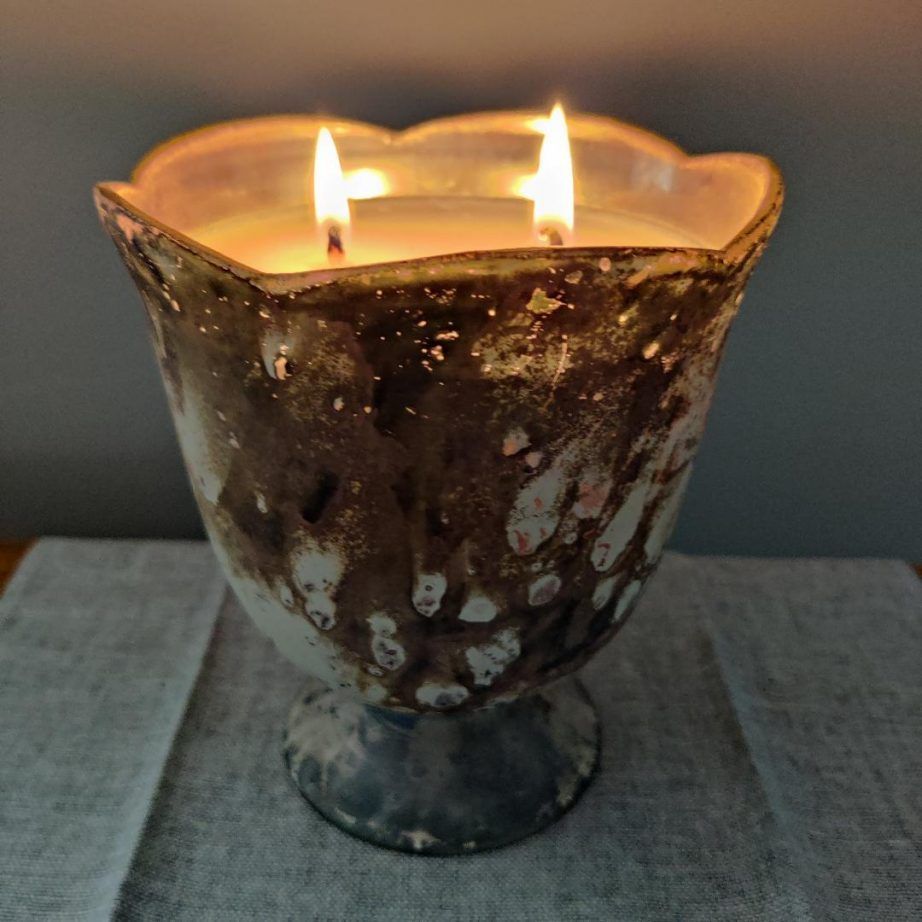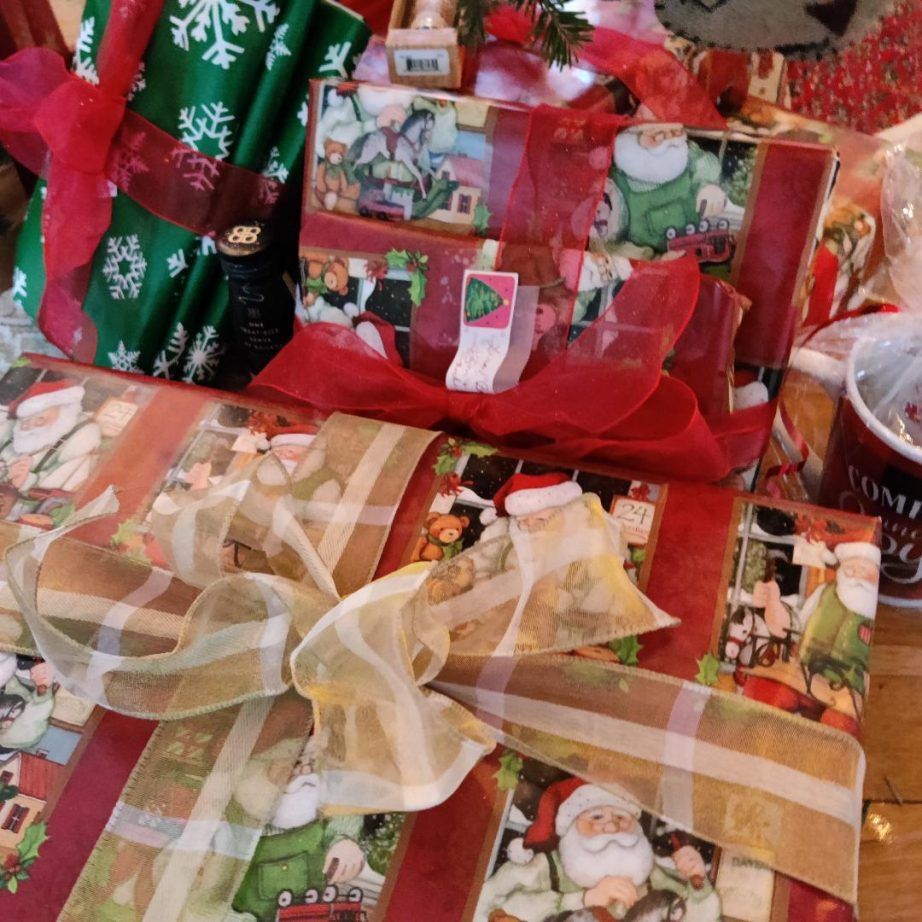“E Pluribus Unum”, “One from Many”
In 1776 the first seal of the United States was titled, “E Pluribus Unum”, Latin for “One from Many”. It was intended to express the many states becoming one nation. Subsequently, it assumed an additional meaning, from many nations, we become one nation: thus, making diversity one of the most admirable features of America. Amid such multiplicity, we run the risk of imposing a dominant tradition on newcomers, resulting in diminishment or a total loss of their cultural and ethnic heritage. Within funeral care, we are prepared to serve diverse beliefs, such as eastern versus western philosophies, cultural traditions and practices caring for the body, as well as a range of rituals from conservative religious to spiritual secular. The past few blog posts have given a thumbnail sketch of some of the various cultural traditions and beliefs we encounter in funeral care. Today we look at the Asian-American beliefs and practices.
The Asian-American culture includes followers of Buddhism, Christianity, Confucianism and Taoism (pronounced dow-ism). Death and after-life practices are built on Eastern thought which views the self as an illusion. Each person is considered interconnected with everything in the universe, an integral part of the collective reality. Conversely, Western thought highlights the person as a unique and unrepeatable individual. The individualism that is fundamental to the Western lifestyle is reflected in the growing trend for more personal funerals. Hence, the belief in reincarnation is common in eastern traditions, but western traditions typically believe in a singular human life. Buddhism and Hinduism embrace that we are all interconnected and are a part of a universal whole. Hindus believe that the Atman, or human soul is a part of Brahman, the soul of God. Reincarnation and attainment of nirvana are achieved through many lifetimes and positive karma.
Some common practices among the Asian-American community include:
- A family gathering at the funeral home to make arrangements, with the family elders assuming ultimate responsibility for the ceremony.
- There is profound respect for the body. Warm clothes may be used for burial and watertight caskets are used to keep the elements out.
- Stoic attitudes are common, and depression may result from the internalization of grief.
- An open casket allows for respect to elders. Often poems in calligraphy are left for the deceased. Among Chinese Americans, a cooked chicken may be placed by the casket as a last meal for the deceased and spirits. The chicken will be buried with the body.
- Music is often used. A band may wait outside the funeral home and go with the procession to the cemetery.
- The funeral route, burial location, and the choice of the monument are important. Incense may be burned at the grave. Among some populations, sacrifices may be made at the funeral.
- A gathering of family and friends for a meal after the funeral shows respect for the spirit of the deceased and gives thanks to those who came to pay their respect.
- A picture or plaque is usually kept in the home and displayed with items that create a shrine of the deceased.
Like other cultures, Asian American funeral traditions vary depending on the family’s country of origin, religious beliefs and social status. Funeral practices are also influenced by the amount of time a person has lived in this country and if they have religious, social or cultural involvement. When attending any funeral or supporting a person of another culture through the grief journey, we begin by embracing the uniqueness of their situation. “E Pluribus Unum”, as one we share our humanity, we share the common experience of loss on the human heart; as many, may we embrace ideas and practices that while not our own, honor lives and celebrate memories.
